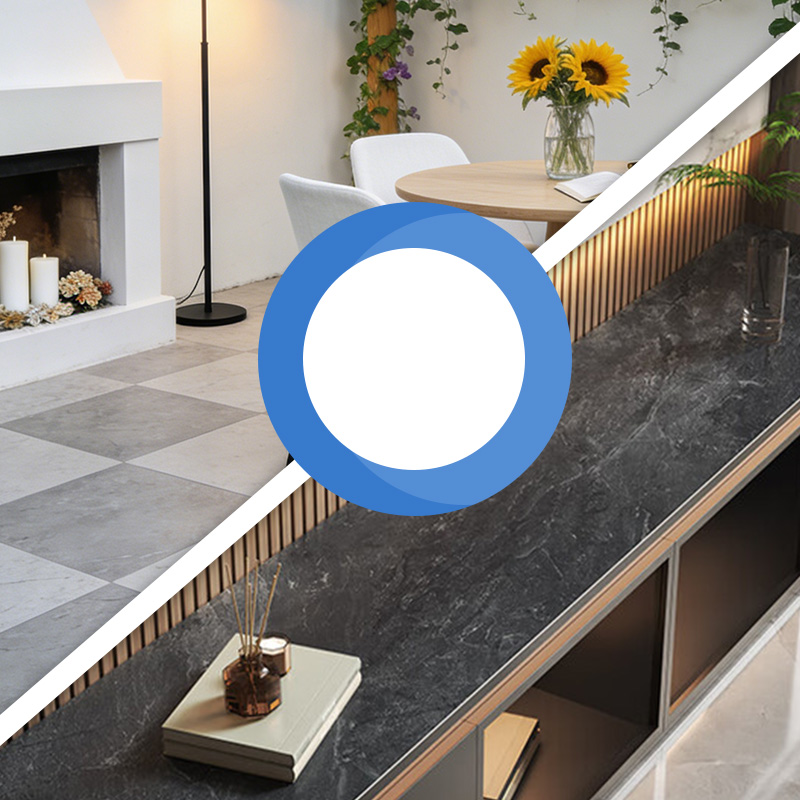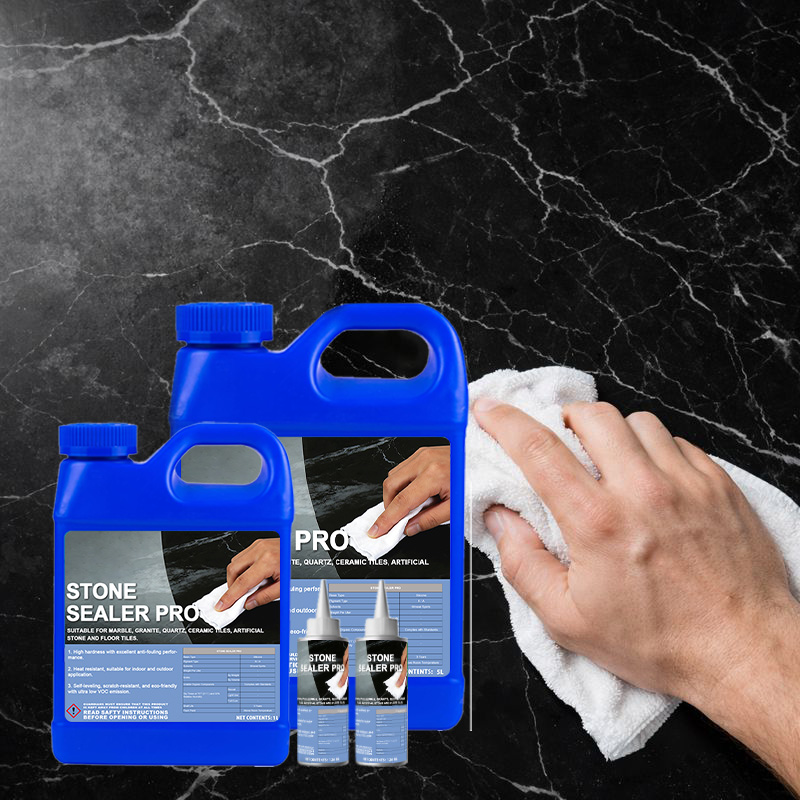Epoxy vs. Polyurethane Resin:
Properties Analysis and Application Guide
In industrial manufacturing, architectural coatings, and artistic creation, epoxy and polyurethane resins stand out as essential materials due to their unique properties. Although both are high-performance polymers, they differ significantly in characteristics and application scenarios. This article provides an in-depth comparison to help you make the right material choice based on your project needs.
1-Mechanical Properties and Durability
Polyurethane resin excels in flexibility and abrasion resistance. In high-wear environments such as industrial floors and warehouse facilities, it can last up to 10 years, far outlasting epoxy resin. Its shock-absorbing nature helps reduce cracking risks caused by frequent friction or heavy loads, making it ideal for dynamic stress conditions.
Epoxy resin, known for its high hardness and rigidity, forms a dense surface upon curing with excellent compressive strength. However, under long-term, high-frequency mechanical impact (e.g., forklift traffic), its brittle nature may lead to surface micro-abrasions, requiring periodic maintenance to extend its lifespan.
2-Environmental Adaptability
Polyurethane resin offers superior UV resistance, making it ideal for outdoor applications. Whether used on bridges, open-air platforms, or solar equipment coatings, it resists yellowing and chalking under sunlight. Its wide operating temperature range (-40°C to 120°C) enables performance under extreme climate conditions.
Epoxy resin is less UV-stable and tends to yellow or crack with prolonged outdoor exposure. It is thus better suited for indoor environments, such as lab countertops, underground garages, or galleries. In enclosed settings, however, its chemical resistance is outstanding—withstanding strong acids, bases, and organic solvents.
3-Chemical and Thermal Stability
Polyurethane resin has balanced chemical resistance, particularly effective against food-grade acids (e.g., citric acid, acetic acid). It’s commonly used in food processing plants or brewing equipment linings. Its heat resistance (up to 120°C) also supports short-term contact with high temperatures, such as pipe coatings.
Epoxy resin has a lower thermal tolerance (around 65°C) but excels in comprehensive chemical protection. In chemical plants, electroplating shops, or labs, it effectively isolates oils, fuels, and most corrosive liquids—making it the preferred choice for chemical-resistant floors and containers.
4-Application Properties and Surface Effects
Polyurethane resin cures quickly—typically within 48 hours—significantly shortening project timelines. Its moderate flowability forms seamless surfaces with some elasticity, making it suitable for areas with large temperature variations.
Epoxy resin takes longer to cure (up to 7 days), allowing for greater control during application—ideal for precision molding. Once cured, it delivers a mirror-smooth surface with high transparency, widely used in artistic sculpture, jewelry casting, and decorative coatings for a crystal-clear visual effect.
5-Typical Application Scenarios
Polyurethane Resin:
-
Industrial Flooring: Handles heavy machinery and chemical splashes.
-
Outdoor Structures: Stadium seating, rooftop waterproofing, UV-resistant applications.
-
Food Industry: Resistant to acid-base cleaners and steam washing.
Epoxy Resin:
-
Laboratories and Chemical Plants: Withstands complex chemical exposure.
-
Artistic Creations: Clear coating for sculptures and paintings to enhance visual appeal.
-
Electronics Encapsulation: Reliable insulation for delicate components.
Conclusion: How to Choose the Right Resin?
-
Choose epoxy resin if your project demands high hardness, advanced chemical resistance, or glossy transparency (e.g., in art, electronics, or chemical environments).
-
Choose polyurethane resin if your needs include abrasion resistance, outdoor weatherability, quick application, or elastic crack resistance (e.g., in flooring, outdoor construction, or food-related industries).

